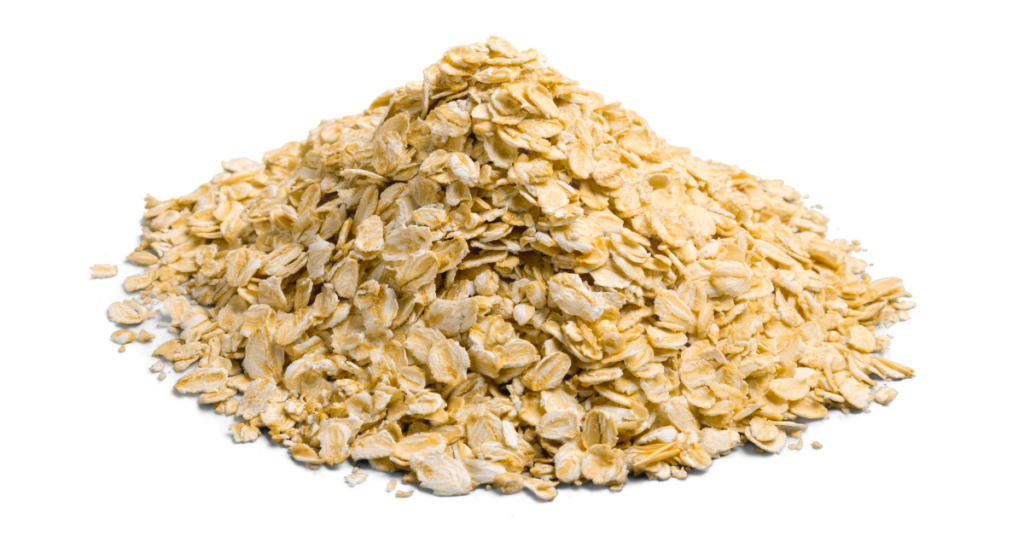Oat (Avena sativa)
Did you know that horses, after eating oats, get very excited – hence the saying “getting your oats.” Find out why…
Renowned for its nutritional value, this herb is usually eaten as porridge or as oat cakes.
Places it grows in
Oats are grown world-wide.
Parts used
Whole plant and seeds, with the green aerial parts being dried rapidly and used as medicine.
Uses
Heart-healthy: Oats are a nutritional powerhouse that offer numerous heart-healthy benefits. These whole grains are rich in soluble fiber, specifically beta-glucans, which have been shown to help lower cholesterol levels by reducing the absorption of LDL (bad) cholesterol in the bloodstream. Regular consumption of oats can contribute to improved cardiovascular health by lowering the risk of heart disease. Additionally, oats are packed with antioxidants and important minerals like potassium, which can help regulate blood pressure and maintain healthy blood vessel function. Their low glycemic index also helps stabilise blood sugar levels, reducing the risk of type 2 diabetes – a condition closely linked to heart problems. Incorporating oats into your diet, whether in the form of oatmeal, granola, or whole grain oats, is a delicious and effective way to support a healthy heart.
Nutritive, anti-depressant, thymoleptic.
Nervous tension / depression – used as a nerve tonic because it contains venine, which stimulates the central nervous system.
Soothes sore irritated skin – Oats added to the bath help soothe skin affected by eczema or skin that has been burned or scalded.
Other uses: Traditionally used in tincture form to assist those who were withdrawing from nicotine addiction.
Constituents
Starch, protein, gluten, albumen, salts, gemoil, tocopherol.
Contraindications
Overdose of oats can lead to headache at the back of the neck.

